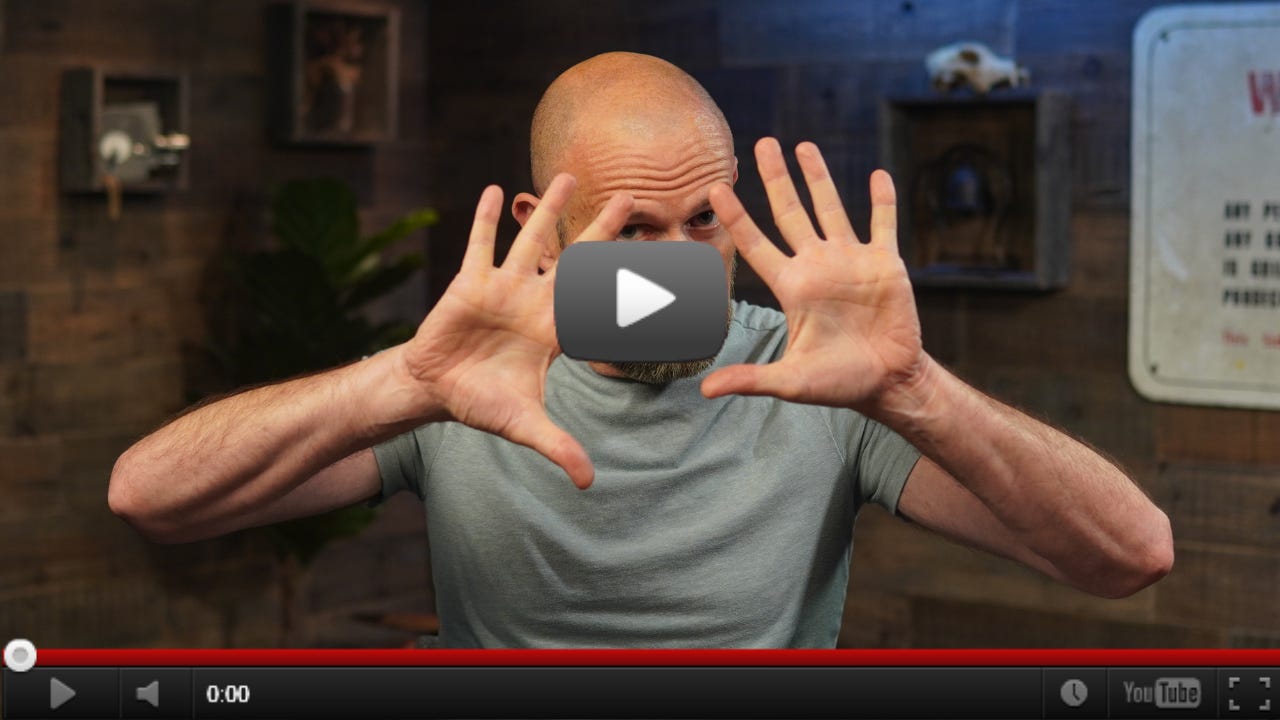In the 1980s, scientists claimed they could tell if you were gay by looking at your fingers. Seriously.
Researchers asserted that the length ratio between your index and ring fingers was a dead giveaway of your sexual orientation. This "groundbreaking" discovery splashed across media headlines, seeming like a revolutionary breakthrough in understanding human sexuality. It wasn’t.
This finger-length study was just one part of a frenzied hunt for the elusive "gay gene." But why were scientists so desperate to find a biological basis for homosexuality? The answer, as often happens in research, wasn't purely scientific curiosity. It was politics.
The gay rights movement was gaining significant momentum in the '80s. Activists needed ammunition to counter the persistent argument that homosexuality was a “lifestyle choice.” If being gay was genetic, how could anyone call it a choice? Or wrong?
But when politics drives science, facts often take a backseat. That finger study? It had a tiny sample size and used questionable methods. Unsurprisingly, no one could replicate its results. Yet it made headlines anyway, because it fit a narrative some people wanted to believe.
The hunt for the gay gene didn't stop there. For decades, scientists chased various leads: hormones, brain scans, birth order - you name it, they studied it. One study would find a link between testosterone levels and sexual orientation, only to be debunked by another larger study. Then a third would find a connection with free plasma testosterone instead. It was a scientific merry-go-round, with each new study contradicting the last.
The truth is, human sexuality is insanely complex. We still can't cure the common cold, but some researchers thought they could predict sexual orientation from a lab test.
Fast forward to today. After all that research and millions of dollars spent, what's the scientific consensus on the biological basis of being gay? "It's a mix of biology and environment." Which is scientific speak for: "We still have no clue."
The dream of finding a simple "gay gene" is pretty much dead. It turns out, like most human traits, sexuality isn't controlled by a simple on/off switch in our DNA. It's a complex interplay of genetics, hormones, and environmental factors that we're only beginning to understand.
This whole saga teaches us an important lesson about the intersection of science and politics. When research is driven by a desire to prove a point rather than to uncover truth, the results are often misleading at best and fraudulent at worst.
It's not just gay rights, either. Look at any hot-button issue today—climate change, gun control, diet and nutrition —and you'll find a swamp of contradictory studies. Many are poorly designed, rushed to publication, or cherry-picked to support a predetermined conclusion.
This doesn't mean we should distrust all science. Far from it. But we need to approach "groundbreaking" studies on controversial topics with a healthy dose of skepticism, especially when they perfectly align with a political narrative.
True science is messy. It's full of dead ends, contradictions, and unexpected results. When the answers seem too clean or too convenient, that's when our alarm bells should start ringing.
So the next time you hear about a study that perfectly proves, or disproves, your point on a contentious issue, take a step back. Look at the methodology, the sample size, who funded it, and whether it's been replicated. Real scientific progress is rarely as tidy as headlines make it seem.
The "gay hands" study and the broader search for a gay gene remind us that sometimes, science is just politics wearing a lab coat. And in the complex realm of human sexuality, the truth is rarely as simple as measuring someone's fingers.
–Ken
PS: This was a segment from a video I made looking at the “Gay Voice” which answers the question … “Why do some gay men talk like that?”





“Sometimes science is just politics wearing a lab coat.” What an excellent description! And it became readily apparent to anyone paying attention during covid, even though it’s been going on for much longer than that.
We live in a semi-rural area and have one of those clunky old mailboxes with a red flag you can raise to indicate you have outgoing mail. More on topic, I learned long ago while reading an article on any subject the opening phrase “studies show that…..” is a huge red flag the reader should maximize their skepticism and fully anticipate contradictory new “studies show ….” In 3 to 6 months.